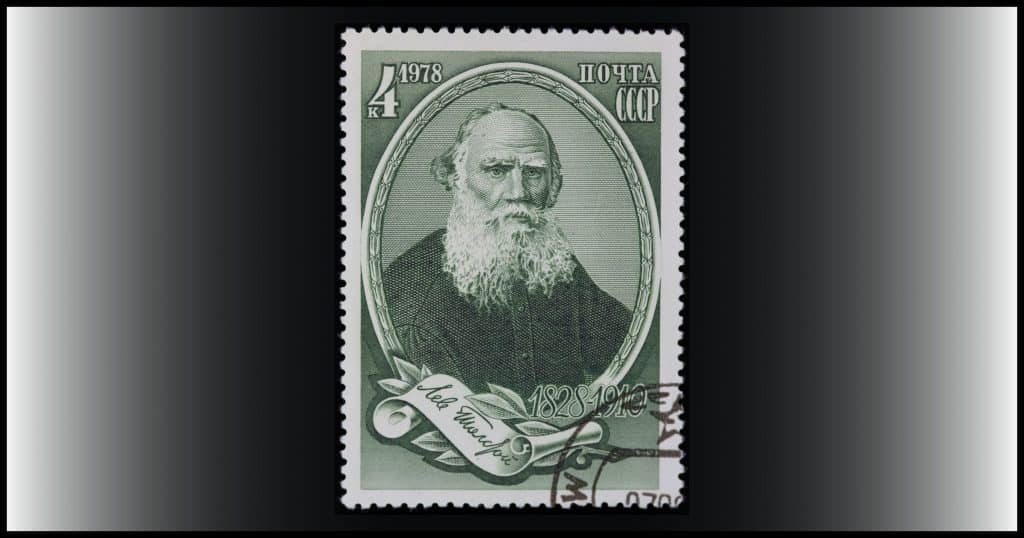When words from the early 20th century feel spot-on in the 21st

As the new year starts, I elected to change my daily reading source. For the past couple of years, I’ve been reading passages from The Daily Stoic. This year I’m starting A Calendar of Wisdom by Leo Tolstoy.
Same idea, an essay a day for the entire year.
Tolstoy grabs my attention right out of the gate on January 1.
The difference between real material poison and intellectual poison is that most material poison is disgusting to the taste, but intellectual poison, which takes the form of cheap newspapers or bad books, can unfortunately sometimes be attractive.
First published in 1904, and very much prior to social media, television, and even radio, Tolstoy points out the same issue we continue to grapple with today. Change the quote slightly, and it could be contemporary.
… intellectual poison, which takes the form of doom scrolling and other forms of social media, can unfortunately sometimes be attractive.
This highlights a couple of interesting takeaways.
First, we’ve always been concerned about the latest media. I’m sure you’ve seen the photo of a turn of the previous century subway full of people buried in their newspapers, with some comment about how newspapers will make us more socially isolated. Even books – bad or good – have come under fire.
“The multitude of books is making us ignorant.” – Voltaire
Books, newspapers, radio, and television have all raised great concern among some that they’ll somehow adversely affect humanity. In almost all cases, those fears have turned out to be unfounded in hindsight.
In the long term, will our concerns about social media, and the internet itself, be unfounded? Even if we don’t know what that looks like, history might show the fears somewhat exaggerated.
Taken a different way, Tolstoy articulates a universal truth: the quality of the media you consume matters. Regardless of its form, there’s useful, stimulating information to be had, and there’s “intellectual poison”. That poison often takes the form of the cheaper, easier to consume, content appealing to our short attention spans and our desire for quick dopamine hits.
Better to know a few things which are good and necessary than many things which are useless and mediocre.
I suspect we’re all guilty of consuming too much about things that don’t matter, at the expense of things that do.
We can all make better choices.
